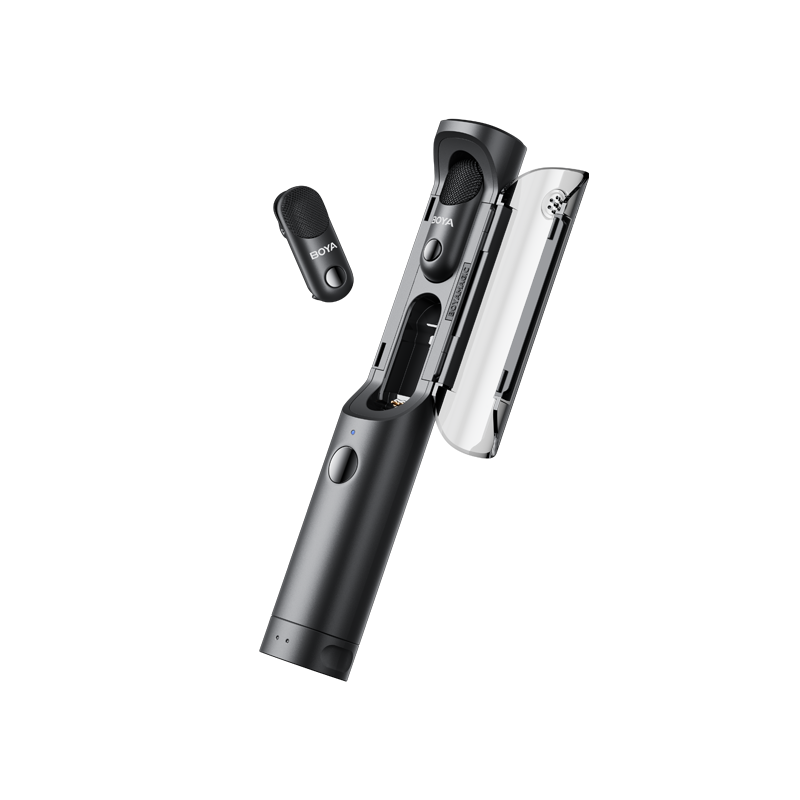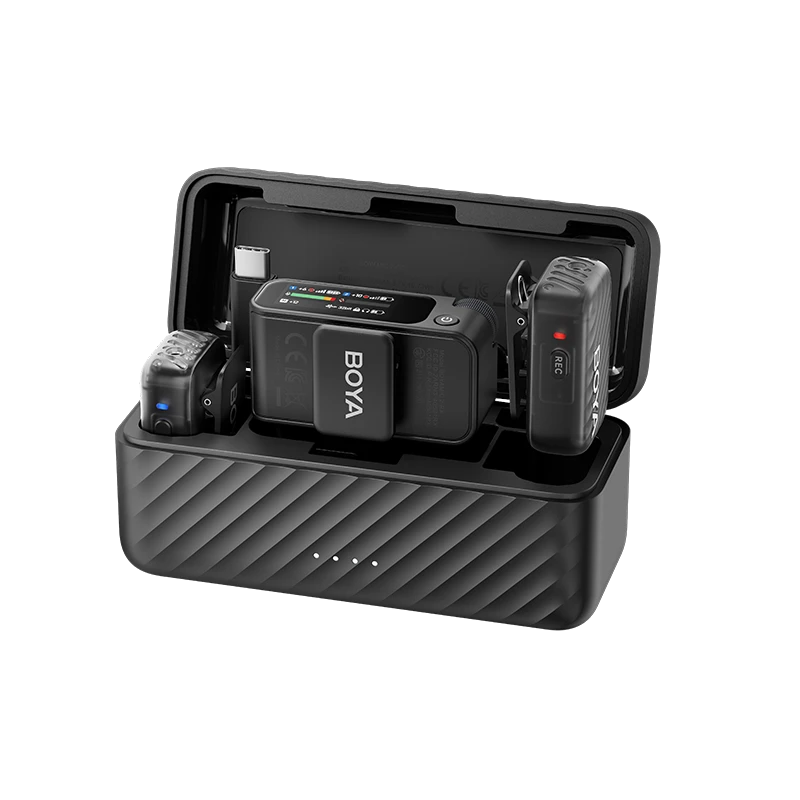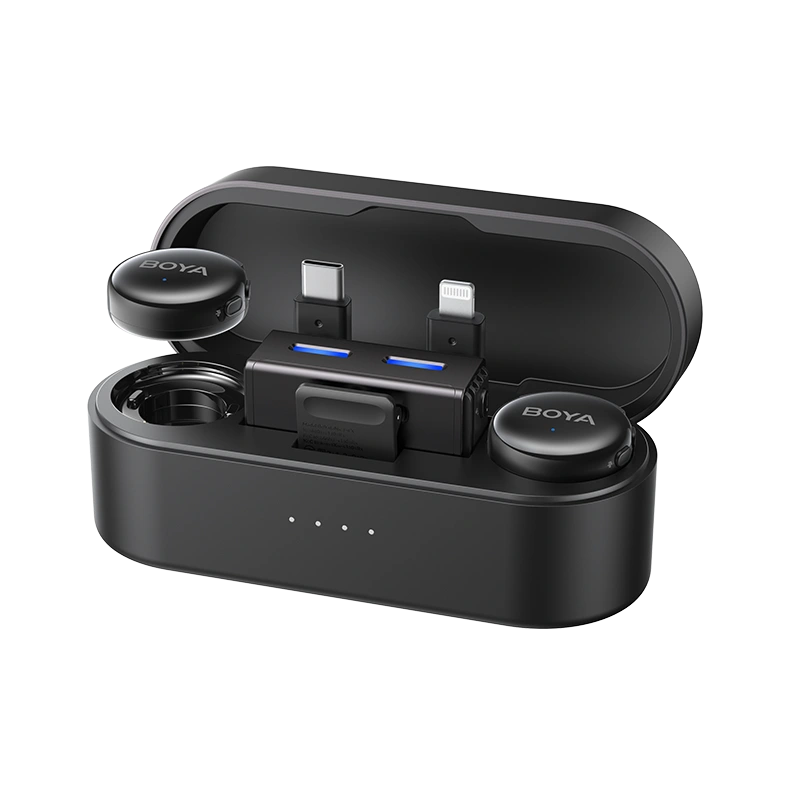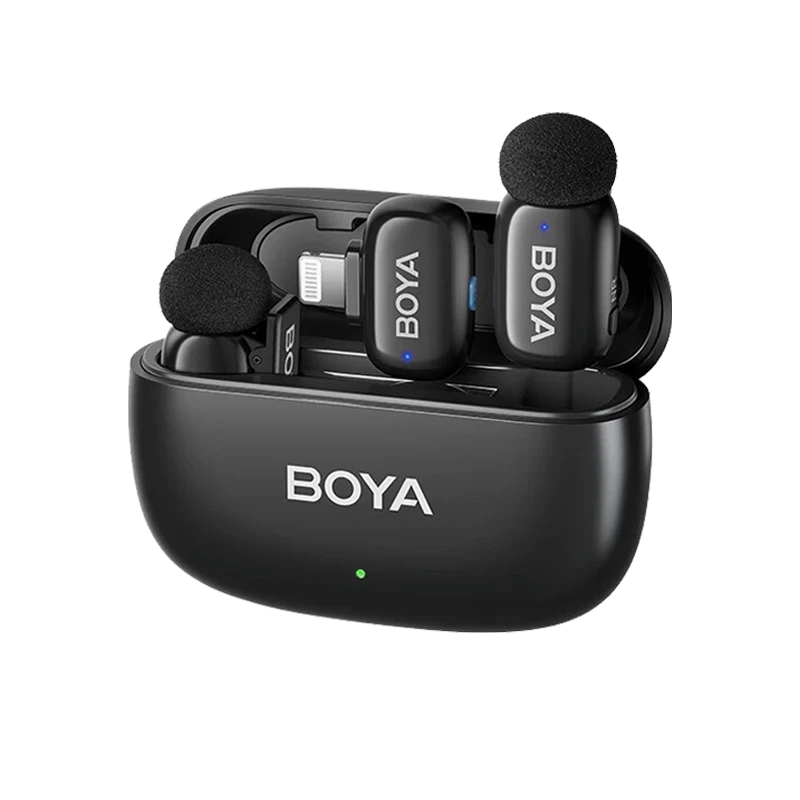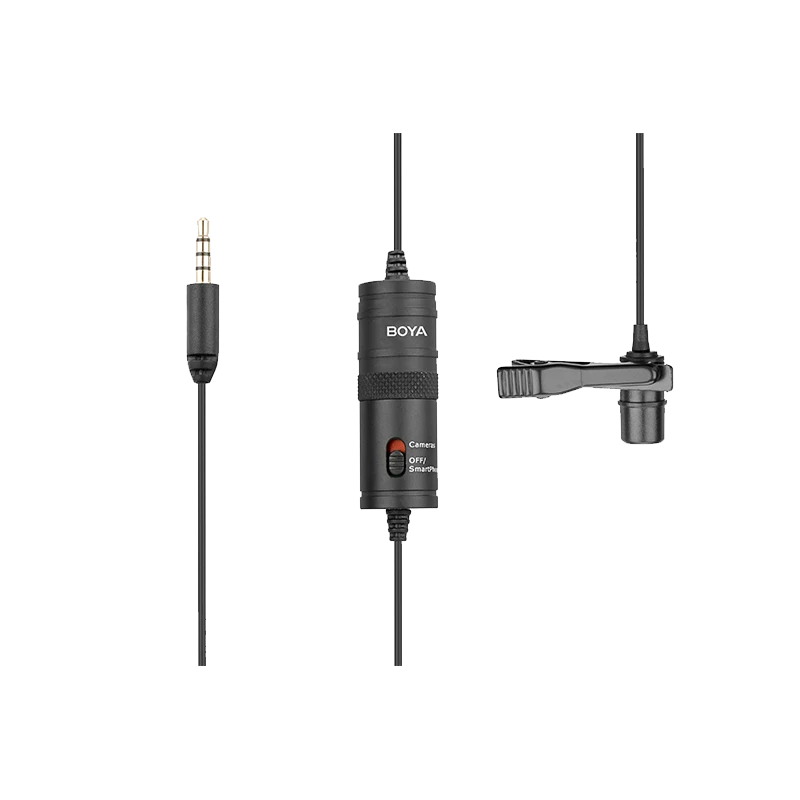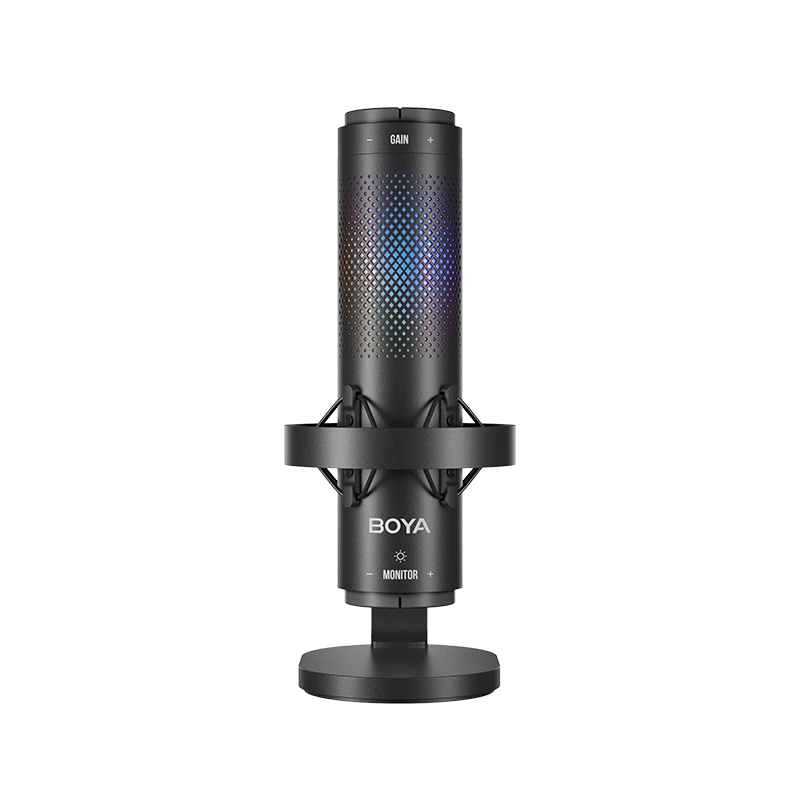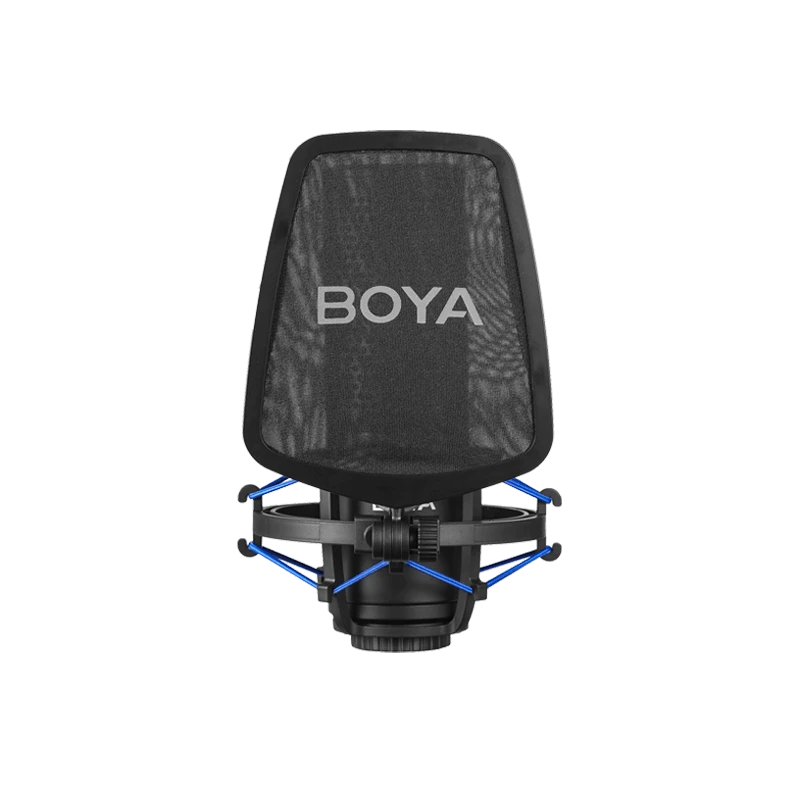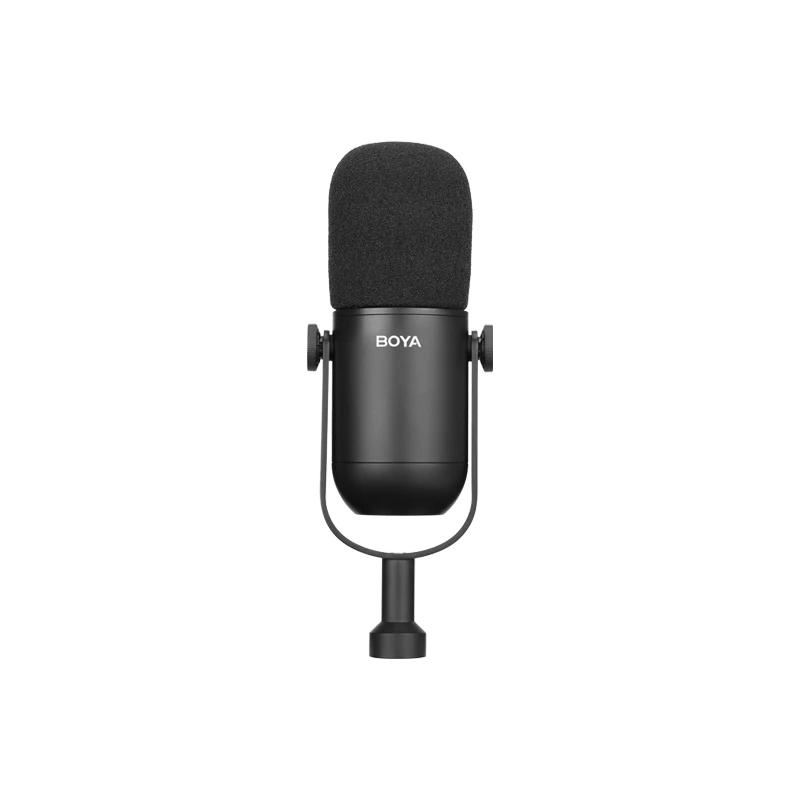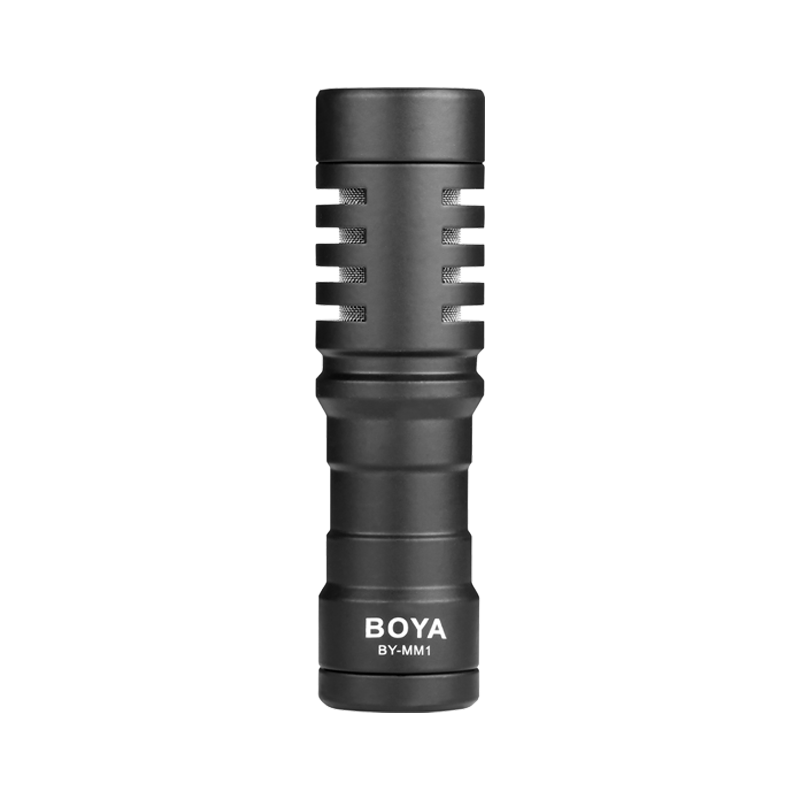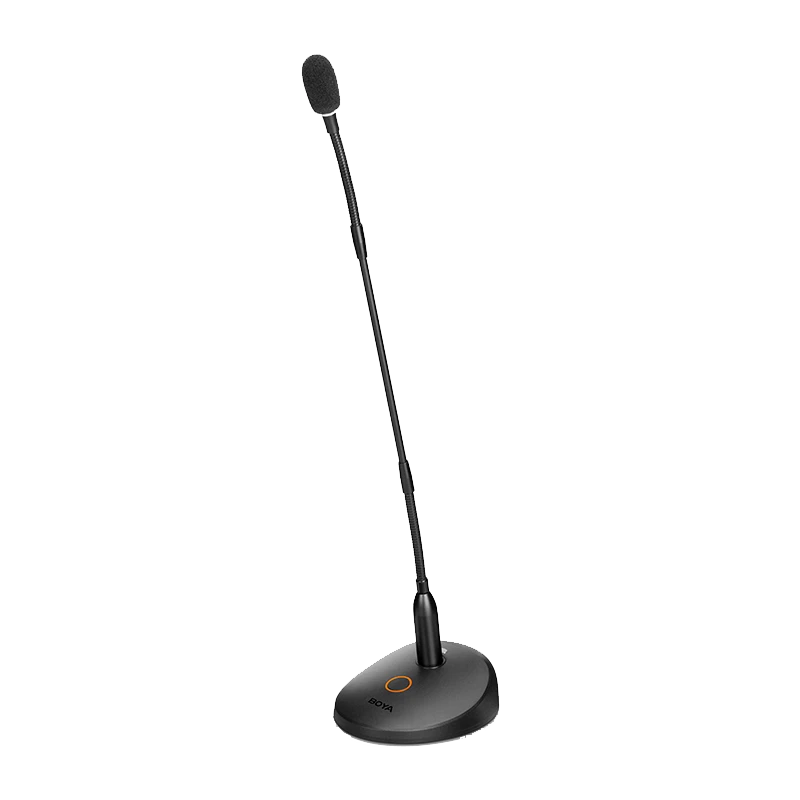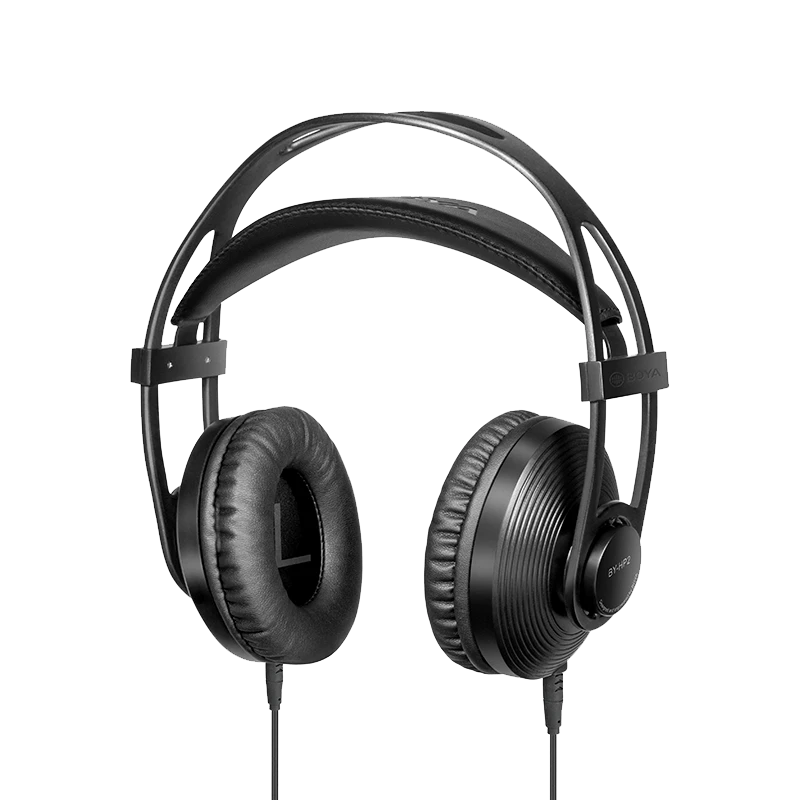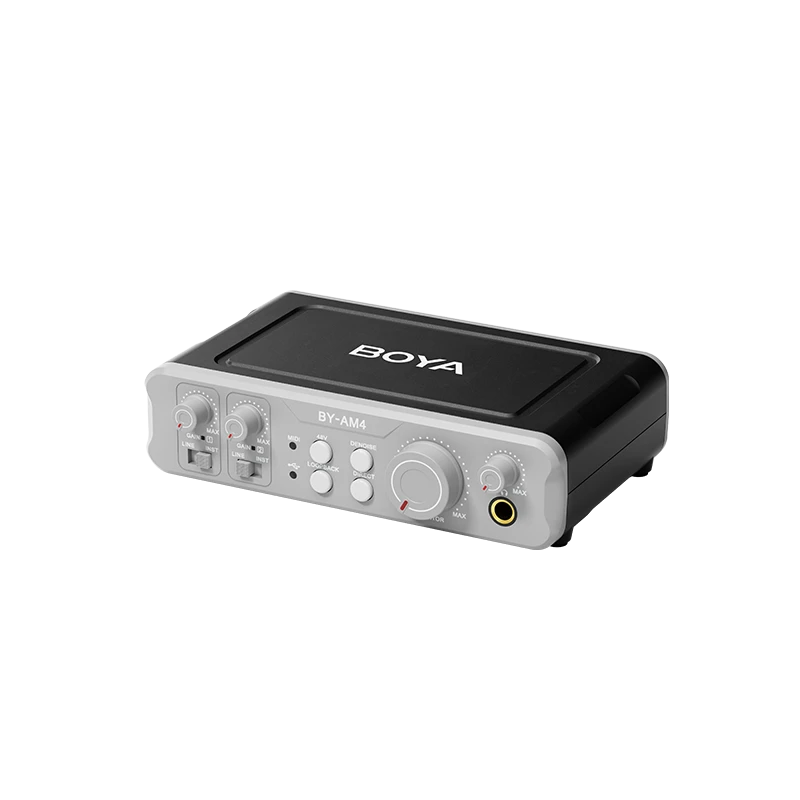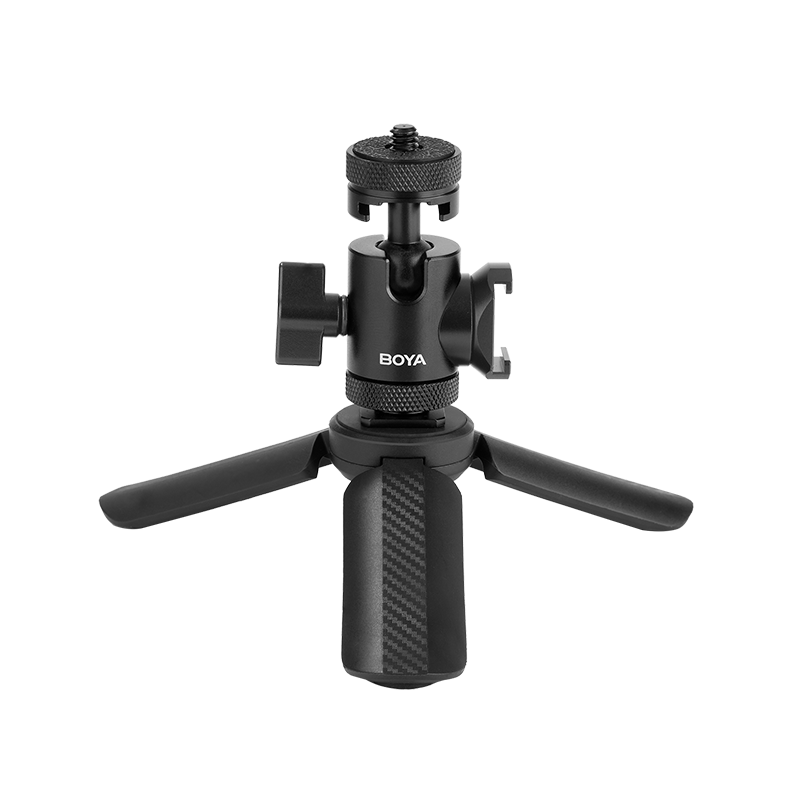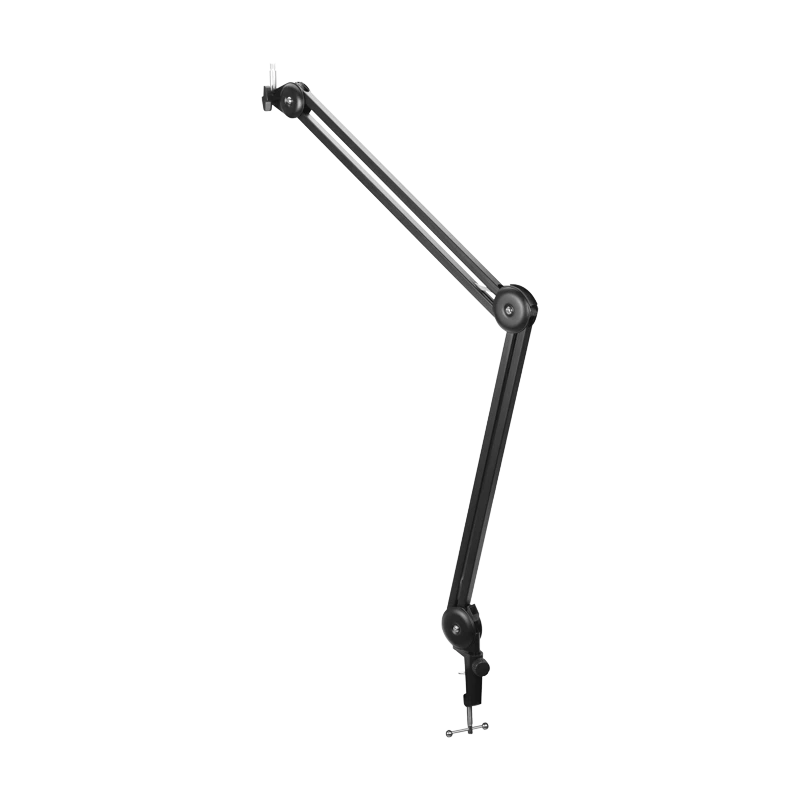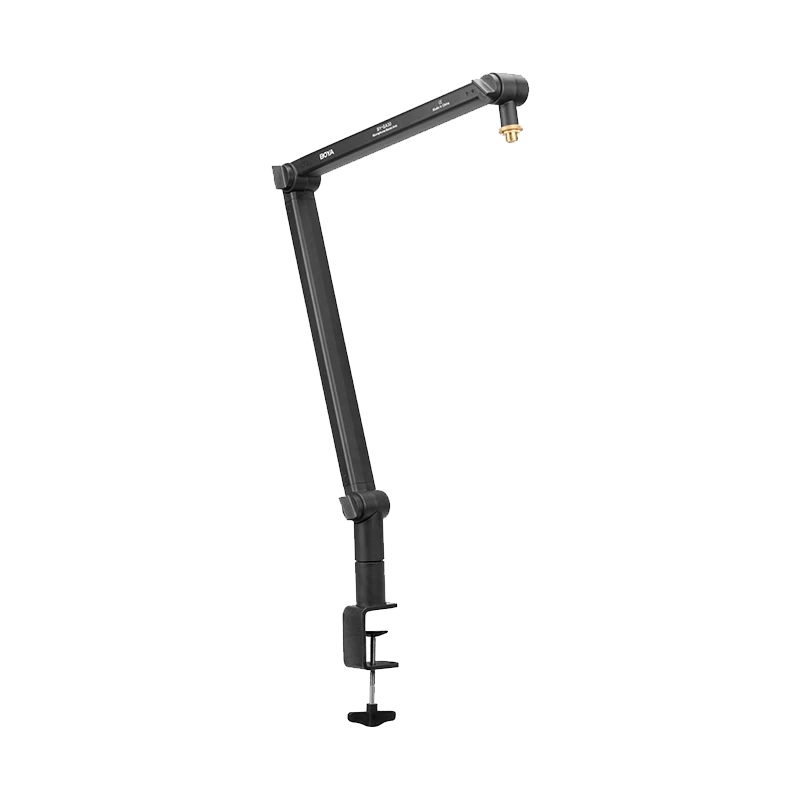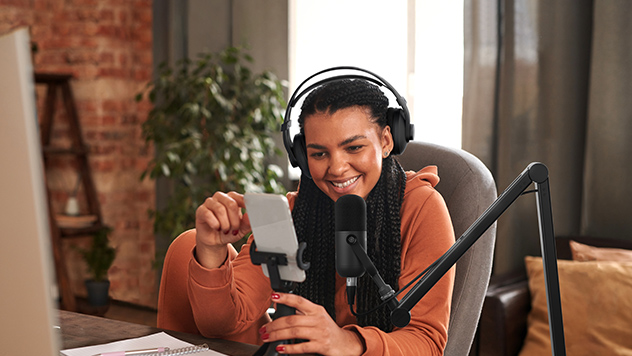When it comes to capturing high-quality audio for content creation, live performances, or professional recordings, choosing the right microphone is crucial. This guide compares wired and wireless microphones based on sound quality, convenience, reliability, and use cases to help you make an informed decision.

Sound Quality: Clarity & Performance
Wired Microphones
- Offer consistent, high-fidelity audio due to a direct connection.
- Less susceptible to signal interference from other electronic devices.
- Ideal for studio recordings and professional live performances where the highest quality is required.
Wireless Microphones
- Provide high-definition audio with advanced digital transmission (such as 2.4 GHz or UHF systems).
- Some models feature noise cancellation and DSP processing to maintain sound clarity.
- Modern wireless mics, like BOYAMIC and BOYALINK 2, offer 48 kHz / 24-bit sound quality, rivaling wired options.
Verdict: If absolute sound consistency is your priority, wired microphones have the edge. However, premium wireless microphones now deliver near-studio quality audio, making them a viable choice for most users.
Mobility & Convenience
Wired Microphones
- Require cables, which can be restrictive and cumbersome.
- Best for stationary use, such as podcasts, voiceovers, and studio work.
Wireless Microphones
- Offer total freedom of movement with no tangled cables.
- Perfect for vlogging, public speaking, fitness instruction, and live streaming.

Models like BOYA mini weigh only 5g and clip discreetly onto clothing.
Verdict: If mobility is essential, a wireless microphone is the clear winner.
Reliability & Signal Stability
Wired Microphones
- Deliver zero-latency, uninterrupted audio.
- No risk of signal dropouts or interference.
Wireless Microphones
- Depend on RF or Bluetooth transmission, which may experience interference.
- Premium options like BY-V4 and BOYALINK 2 provide up to 300m transmission range with dual noise reduction to enhance reliability.
Verdict: If you’re performing in a high-interference environment, wired mics are more reliable. However, top-tier wireless mics now feature interference-resistant technology for stable performance.
Battery Life & Power Management
Wired Microphones
- No battery required; always ready to use.
- Ideal for long studio sessions or live performances.
Wireless Microphones
- Depend on battery power but offer long-lasting performance.
- Options like BOYAMIC and BOYALINK 2 deliver up to 30 hours of battery life with charging cases.

Verdict: If you don’t want to worry about charging, wired is the way to go. But if you need wireless flexibility, many modern mics now feature extended battery life.
Use Cases: Which One Fits Your Needs?
| Use Case | Best Option |
|---|---|
| Studio Recording | Wired |
| Live Performances | Both |
| Vlogging & Content Creation | Wireless |
| Public Speaking | Wireless |
| Podcasts & Interviews | Both |
| Gaming & Streaming | Wireless |
Final Verdict: Wired or Wireless?
Ultimately, the best microphone depends on your needs:
- Choose wired if you prioritize uncompromised sound quality and reliability.
- Choose wireless if you need freedom, mobility, and convenience.
For creators looking for a balance between sound quality, flexibility, and ease of use, BOYA’s wireless microphone lineup—including BOYAMIC, BOYALINK 2, BOYA mini, and BY-V4—offers high-fidelity audio, stable transmission, and long-lasting battery life, making them a top choice in the industry.
Still unsure? Explore BOYA’s latest wireless microphone solutions and find the perfect match for your creative journey!

